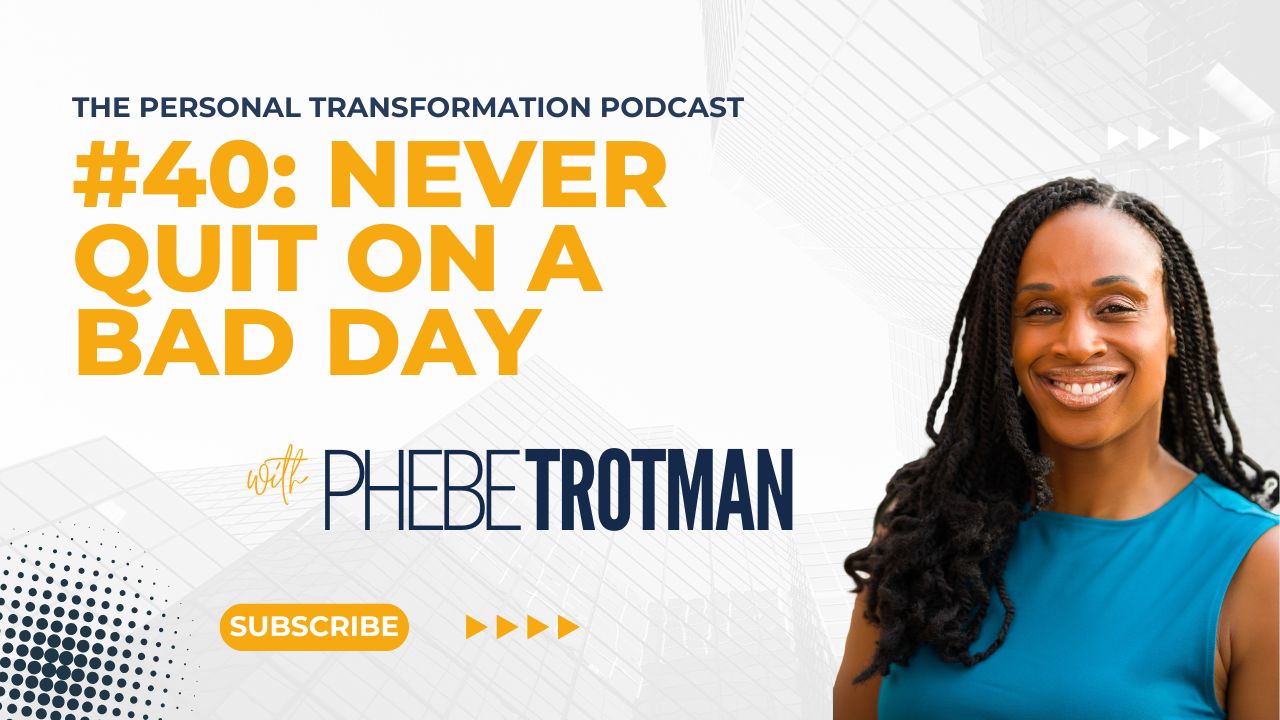Waking up early is a great way to get a head start on the day but getting out from under the duvet isn’t always the easiest thing to do.
The dark hours of the morning can be a great time to get things done without the distractions that inevitably come as everyone else begins their day. With fewer things fighting for your attention, early mornings can be a great opportunity to put your full focus into something important to you. You could use the time for:
– Creative Endeavours. The silence makes a great environment for deep work, allowing you to truly get into the zone of expression and be truly creative.
– Physical Exercise. Get your workout in before the rest of the world wakes up and you can go through the rest of the day knowing it is already complete.
– General Productivity. Think how many things you could tick off your to-do list with an extra hour or two each morning.
– Mediation and Visualisation. Find your own mental stillness in the stillness of the morning through mediation, yoga or visualising your goals.
Let’s face it though, getting out of bed early is not easy. We might be able to do it occasionally for a holiday or a special event, but waking up everyday when it is dark outside can take a lot of effort, especially at the beginning. The lure of a warm duvet and a snooze button is often too powerful for simple willpower, and so it is important to develop some strategies on how to make getting up early easier.
Personally, I have struggled in the past with getting up early. I remember reading the 5am club book by Robin Sharma but only managed 2 days before reverting to my usual wake up time. For me, jumping immediately to such an early start didn’t work. However, over a couple of months, by moving the alarm 15-30 minutes earlier every couple of weeks, I was able to continue waking up earlier until I got to a time that gave me enough time I needed each morning.
Now, I wake up every day at around 5:15, usually before my alarm goes off, and this allows me some creative time each morning before my daily workout, and still having plenty of time with my family before starting work.
What follows are my top tips on how to wake up early every day and give yourself an extra hour or two each day.
1. Prepare Your Morning Activity The Night Before
Before you even go to bed at night, you can make it easier to wake up in the morning. Prepare your morning coffee, pick out your gym clothes, and set up your writing space so you can get started immediately upon waking up.
Eliminating the “thinking” aspect of waking up means you can just focus on the physical act of getting out of bed. Often we lie in bed making excuses of all the things we would need to do when we get up, so doing some of them in advance removes these little reasons for staying in bed.
These little preparations also serve as small commitments that tell your brain that there is a reason you should get up and get out of bed in the morning.
2. Have 2 Alarms
Have two different alarms. The first should wake you up, and the second should get you out of bed.
Personally I found the “jumping out of bed” approach a little hardcore, especially at the beginning. I appreciated the few minutes between the alarms where I could let me body adjust to being awake before actually making my feet touch the floor.
If you only have one alarm, there is also the opportunity to hit snooze for hours, or accidentally turn your alarm off without even actually waking up and then sleeping in.
Set your first alarm and keep it within reach. The second alarm should be set around five to ten minutes later and put it in a place where you are forced to get out of bed.
As you get used to rising early, you’ll find you need the second alarm less and less.
3. Arrange To Meet Someone In The Morning
Having a morning appointment makes you accountable to someone else, not just yourself. We often fall short on promises we make to ourselves, but if we say things to others we are often more inclined to follow through.
Arrange to meet your training buddy for a morning workout. Join a business networking group that meets for breakfast. Have a regular dog walking route with a friend or two (even if you don’t have a dog).
Make getting up not just about you and you will be far more likely to get out of bed in the morning.
4. Reduce Stimulation Before Bed
Even if your body is exhausted, an active mind can keep you awake and stop you getting to sleep quickly. It isn’t always about getting more sleep (although this can help as well), but instead falling asleep faster and getting into deep sleep quicker should be a priority.
Deep sleep is associated with cell regeneration, energy restoration and strengthening the immune system among other health benefits and this can be negatively impacted by too much late-night stimulation.
Reduce your caffeine intake earlier in the day. Turn your screens off at least an hour before bed, or at least don’t watch a tense thriller immediately before you try to close your eyes. Turn the lights down around the house and try and create a more relaxing environment. Minimise your evening sugar intake to avoid giving yourself a shot of energy before you retire.
5. Make Sleeping A Routine
Just as you would do with a child, create yourself a bedtime routine that will signal to your brain exactly when it is supposed to shut down for the day.
With kids routines, the goal is to get them to sleep at the same time each day. You start with dinner, then bath time before reading a book together, and magically they fall asleep with no drama or tears. Obviously with kids this only successfully happens once a year, but hopefully with adults, the same principle applies.
Create a sleep plan for yourself that progressively winds you down before bed. Having a hot bath 90 minutes before helps you get to sleep faster as it helps you lower your core body temperature. Reading before bed helps reduce stress and anxiety which are often the things that stop you sleeping in the first place, especially when you replace TV with a book.
So basically, if you do for yourself what you would do for a child, you won’t go far wrong.
6. Wake Up At The Same Time Every Day (Even On Weekends!)
If going to sleep should become a routine, this is your goal with waking up too.
We want waking up to develop into a habit, and this will be really difficult if we send the brain and body different messages on different days.
Instead of sometimes sleeping in, you need go through an identity shift to become an ‘early riser”. This doesn’t mean you need to become a morning person and be immediately happy and full of energy (although hopefully that will come with time), but you do need to be awake and out of bed so you can do the things you want to do each morning.
This doesn’t mean every day needs to be full throttle. Allow yourself some days where you just don’t have anything planned. Read the news. Catch up on social media. Reply to those messages you have been to busy to get back to all week.
Waking up EVERY day at the same time makes it easier to wake up every day at the same time.
7. Go To Bed Earlier (Or Sleep More)
I left this tip for last, but it is definitely easier to wake up after more sleep.
The reason I left it last is because, as “grown ups” (still debatable), we often think going to be early is for children. I mean, think about it, the kids are asleep, the proper movies are on TV (referring to the days before Netflix!), and the flashbacks to your youth remind you that the night didn’t even get started until after 10pm at least.
Personally, I have adopted the attitude that Arnold Schwarzenegger has which is “if you think you need to sleep 8 hours per night then you need to sleep faster” and try to operate on around 5 hours of good sleep each night. However, on those nights where I do get 7 hours, I do find waking up to be much easier, and I am fully rested.
Instead of going to sleep earlier, you could alternatively find time for a nap during the day. Polyphasic sleep has been used by many great minds such as Winston Churchill and Leonardo Da Vinci to use naps as a way of avoiding shorter nighttime sleeps impacting their mental and physical performance.
The amount of sleep we each need is unique to each individual, so find what works for you and then top up as necessary.
Personally, I have found these sleep techniques and routines help me get to the point where I now comfortably wake up each morning around 5:15. Full disclosure, it still takes me a few minutes before my brain fully engages so the first thing I do every day is grab a coffee, but I am awake. I sit at my laptop and write for a while (this blog post was partially written on a weekend morning!) before heading to the gym, and when I get back home, I’ve already done more for myself than many people get the chance to do for themselves in a week. All by getting out of bed a little earlier.
Tips For Waking Up Early If You Don’t Sleep Alone
If you share your bed with anyone, the last thing you want to do is wake them up when you get out of bed, especially if you are going to be waking up much earlier than them. If this is also the situation you are in, check out these additional tips to avoid waking up early while you let the other person sleep a little longer.
8. Get A Silent Alarm.
Your first alarm should be silent so that it only wakes you up. You can get vibrating wrist bands, or if you have a smart watch there is a good chance it already has that functionality inbuilt. If you keep your second alarm noisy, you’ll be extra motivated to get out of bed before it goes off.
9. Take Everything You Need Out Of The Room The Night Before
The last thing you want to be doing is rummaging around in the dark with someone asleep. If the alarm didn’t wake them up, you will want to avoid going through drawers to find clothes or underwear.
10. Oil The Door Hinges
It is often something inconspicuous that wakes the other person up, like a creaky door handle or some squeaky hinges. Be sure to oil everything, avoid the creaky floorboards, and sneak out of the room like a ninja.
11. Don’t Hit Snooze And Not Get Up
The worst thing you can do is wake someone up for no reason at all. If you do wake up your other half, at least they can roll back over knowing that you are doing something good with your time. If all you do is hit snooze for hours, chances are they will not be happy.
If you want to start waking up earlier, I hope these tips and advice from my own experience help you figure out the best way that works for you. There is work involved in creating any positive habit, but put in the effort and you’ll be amazed at just how much you can get done before the rest of the world wakes up.



Leave A Comment